Fast fashion: MPs to investigate environmental cost of throwaway clothes
Britons bin 300,000 tonnes of clothing every year
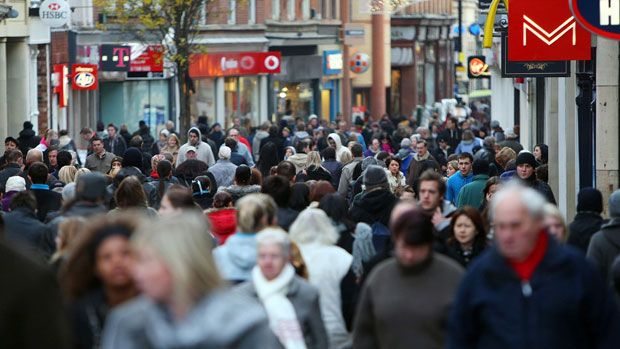
A free daily email with the biggest news stories of the day – and the best features from TheWeek.com
You are now subscribed
Your newsletter sign-up was successful
The rise of cheap, disposable clothes is to be investigated by MPs amid increasing warnings about the impact of so-called fast fashion on the environment.
The Environmental Audit Committee will explore the carbon impact, resource use and water footprint of clothing throughout its life cycle and supply chain, and try to find ways to make the industry more sustainable, The Guardian reports.
The most recent study by campaign group Wrap found that people in the UK bin about 300,000 tonnes of clothing every year - making the clothing industry the fourth-most impactful to the environment, after housing, transport and food.
The Week
Escape your echo chamber. Get the facts behind the news, plus analysis from multiple perspectives.

Sign up for The Week's Free Newsletters
From our morning news briefing to a weekly Good News Newsletter, get the best of The Week delivered directly to your inbox.
From our morning news briefing to a weekly Good News Newsletter, get the best of The Week delivered directly to your inbox.
Mary Creagh MP, who is leading the investigation, said: “Fashion shouldn’t cost the Earth. But the way we design, make and discard clothes has a huge environmental impact.
“Producing clothes requires toxic chemicals and produces climate-changing emissions. Every time we put on a wash, thousands of plastic fibres wash down the drain and into the oceans. We don’t know where or how to recycle end of life clothing. Our inquiry will look at how the fashion industry can remodel itself to be both thriving and sustainable.”
The deadline for submissions to the inquiry is 3 September.
Fashion fans looking to be more green face a tricky task. Choosing an eco-friendly fabric is complex, with pros and cons to all fibre types, says The Independent says. Garments made from natural fibres are not necessarily better than synthetic, as fibre choice is only one part of a complex picture.
A free daily email with the biggest news stories of the day – and the best features from TheWeek.com
“Fibres still have to be spun, knitted or woven, dyed, finished, sewn and transported – all of which have different environmental impacts,” the newspaper explains.
“For example, choosing organic fabrics is better than choosing non-organic fabrics in terms of the chemicals used to grow the fibres, but organic cotton still requires high amounts of water and the impact of dyeing it is higher than the impact of dyeing polyester.”
-
 The ‘ravenous’ demand for Cornish minerals
The ‘ravenous’ demand for Cornish mineralsUnder the Radar Growing need for critical minerals to power tech has intensified ‘appetite’ for lithium, which could be a ‘huge boon’ for local economy
-
 Why are election experts taking Trump’s midterm threats seriously?
Why are election experts taking Trump’s midterm threats seriously?IN THE SPOTLIGHT As the president muses about polling place deployments and a centralized electoral system aimed at one-party control, lawmakers are taking this administration at its word
-
 ‘Restaurateurs have become millionaires’
‘Restaurateurs have become millionaires’Instant Opinion Opinion, comment and editorials of the day
-
 Shell’s North Sea oil U-turn: ‘a first victory in a longer war’?
Shell’s North Sea oil U-turn: ‘a first victory in a longer war’?Speed Read Controversy after oil giant pulls out of proposed Cambo project
-
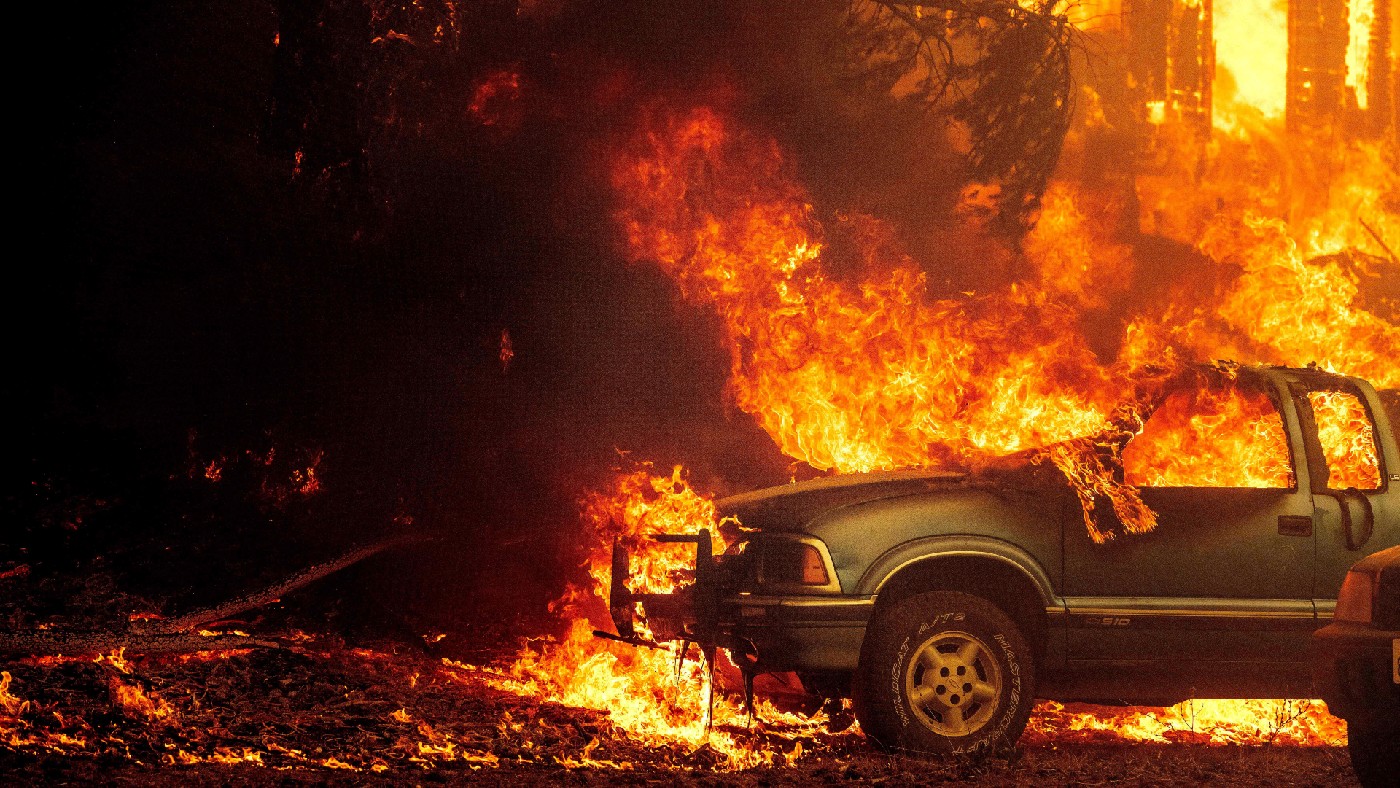 Fires, floods and storms: America’s ‘permanent emergency’ has begun
Fires, floods and storms: America’s ‘permanent emergency’ has begunSpeed Read This summer of climate horror feels like the ‘first, vertiginous 15 minutes of a disaster movie’, says The New York Times
-
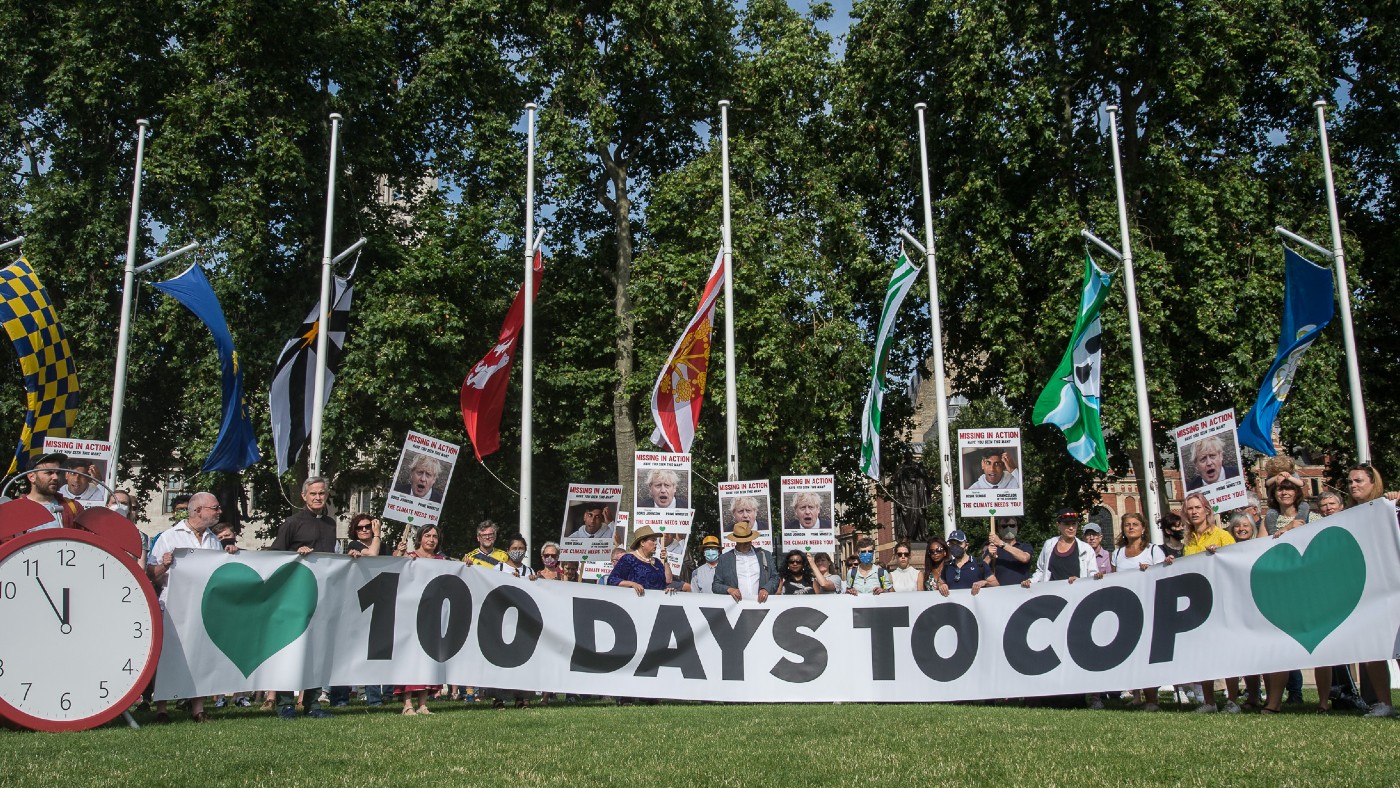 Hot air and empty rhetoric: is the UK acting too slowly on climate change?
Hot air and empty rhetoric: is the UK acting too slowly on climate change?Speed Read ‘Every day, new evidence accumulates that humanity is on an unsustainable path’
-
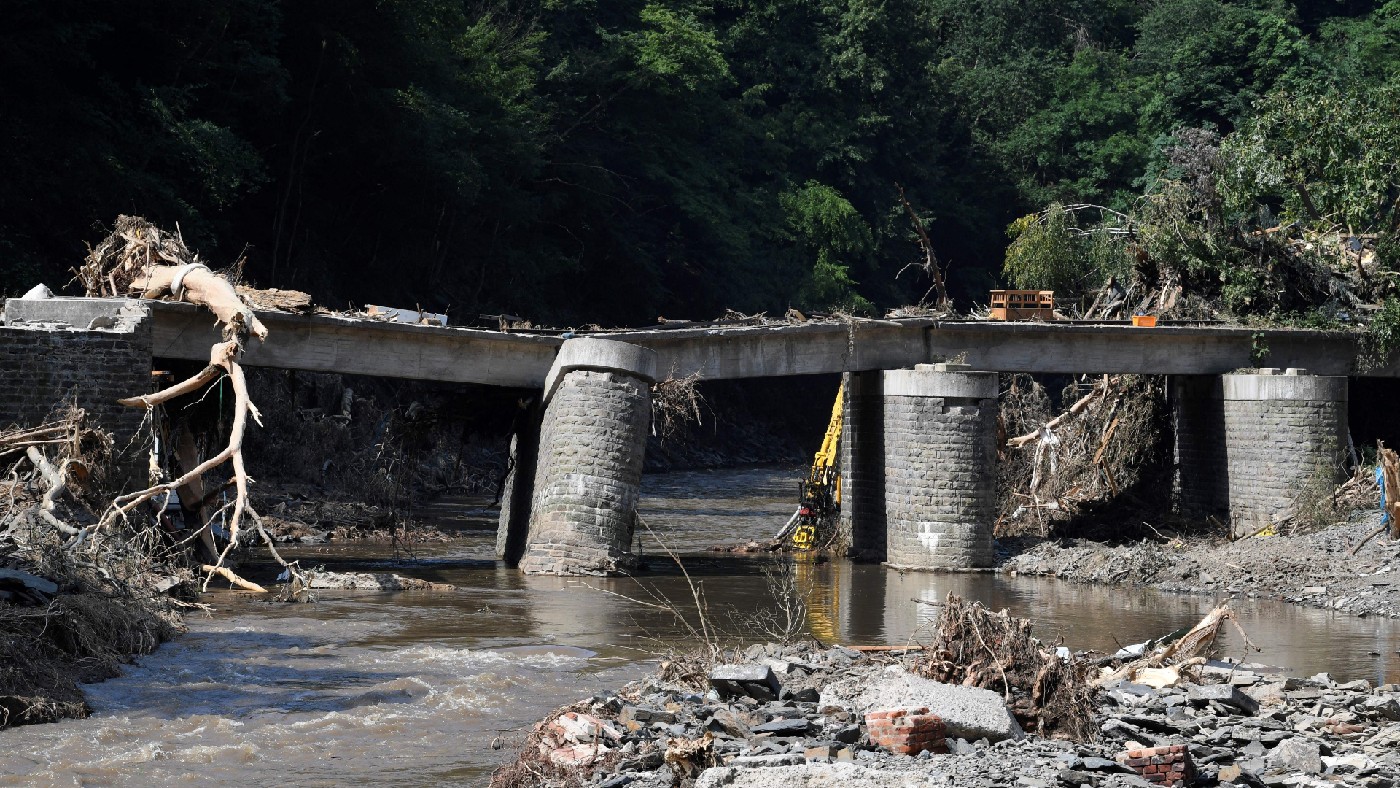 Germany floods: what led to this ‘once-in-a-century’ disaster?
Germany floods: what led to this ‘once-in-a-century’ disaster?Speed Read Nearly 200 people died in Germany and Belgium; hundreds are still unaccounted for
-
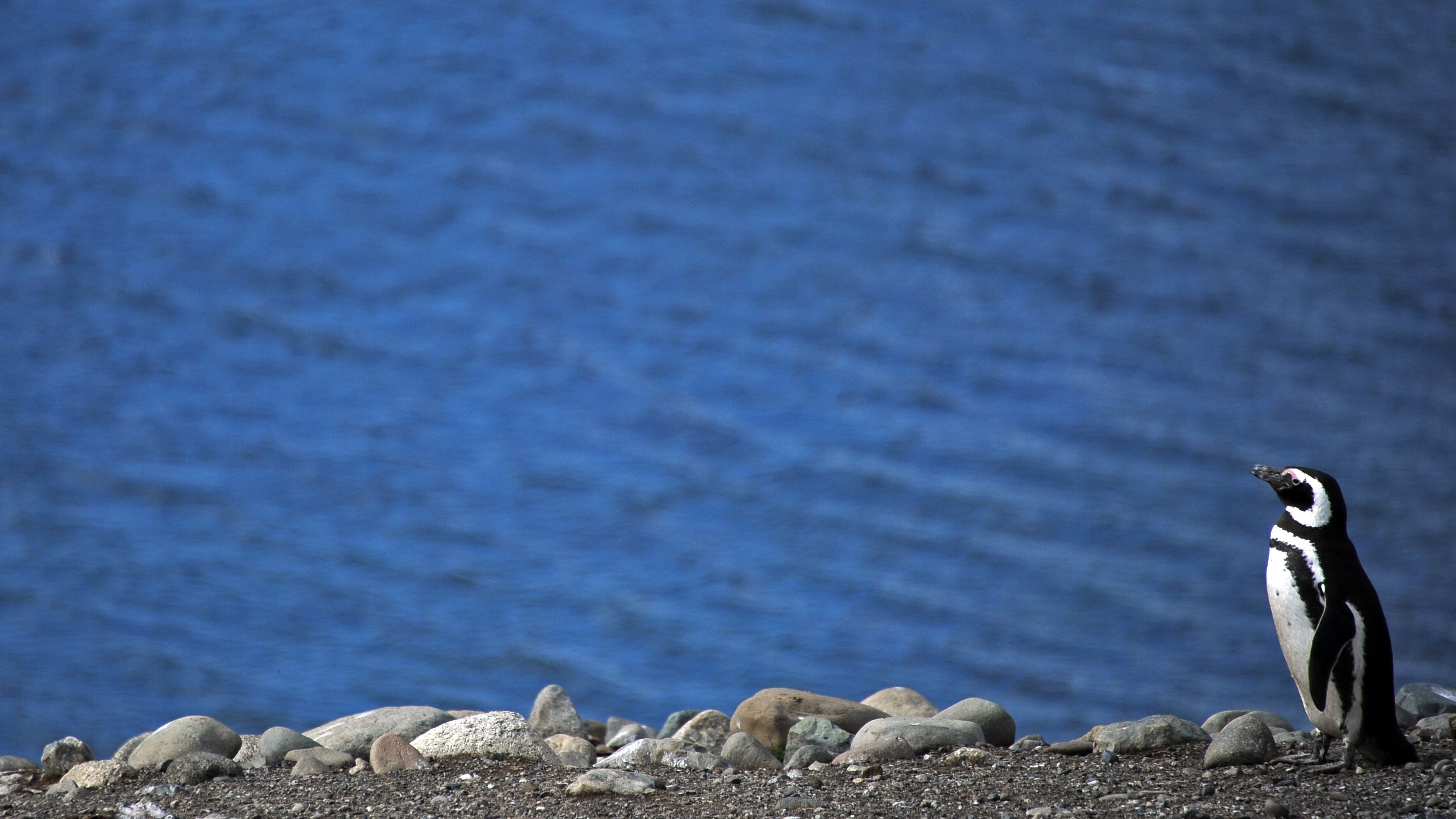 Penguin colony at risk as Somerset-sized iceberg bears down on British overseas territory
Penguin colony at risk as Somerset-sized iceberg bears down on British overseas territorySpeed Read Several species face starvation if the icy giant blocks access to feeding grounds
-
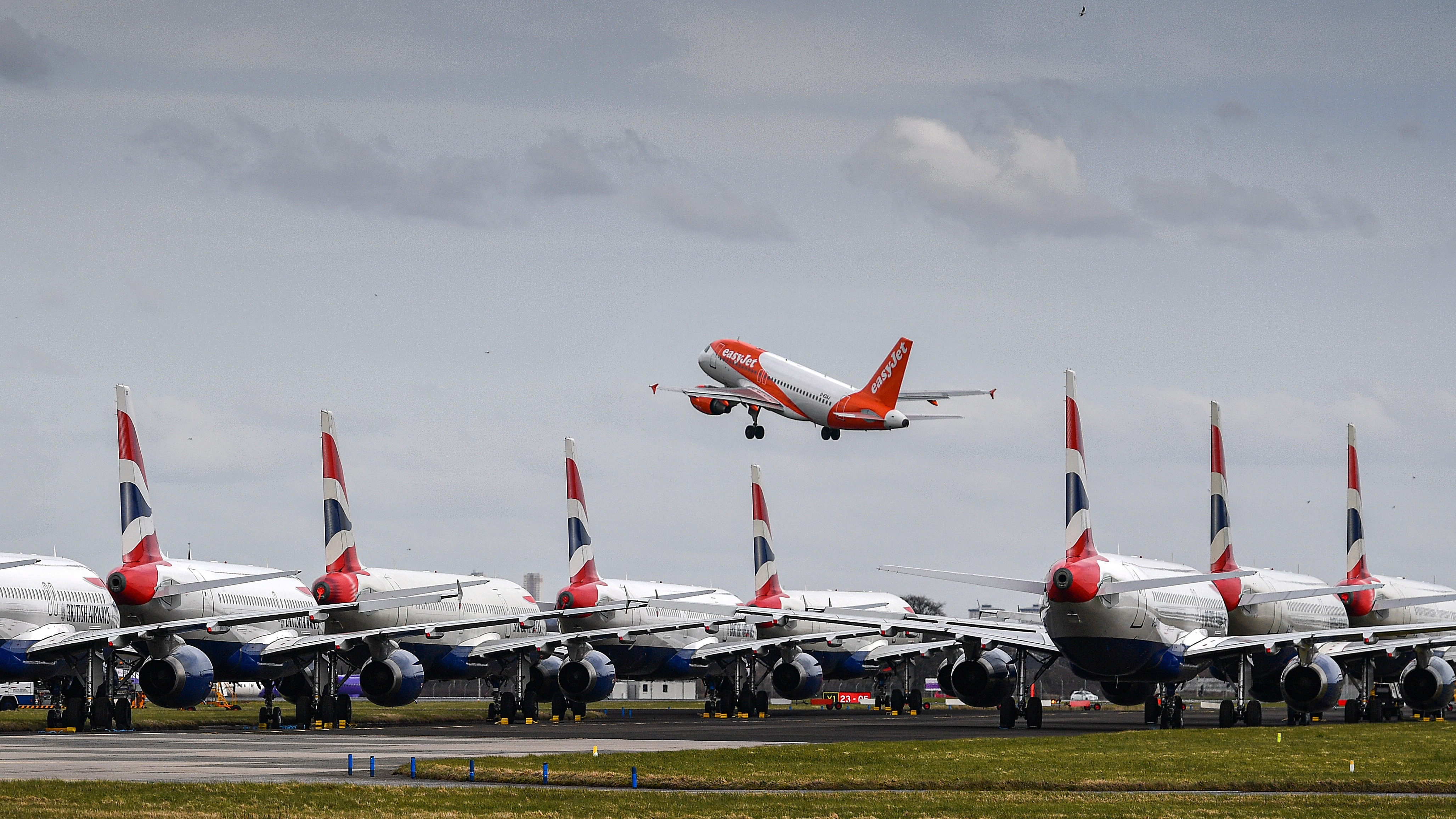 ‘Full of hot air’: climate experts exposed as academia’s most frequent flyers
‘Full of hot air’: climate experts exposed as academia’s most frequent flyersSpeed Read Study results trigger calls for environmentalists to ‘look in the mirror’
-
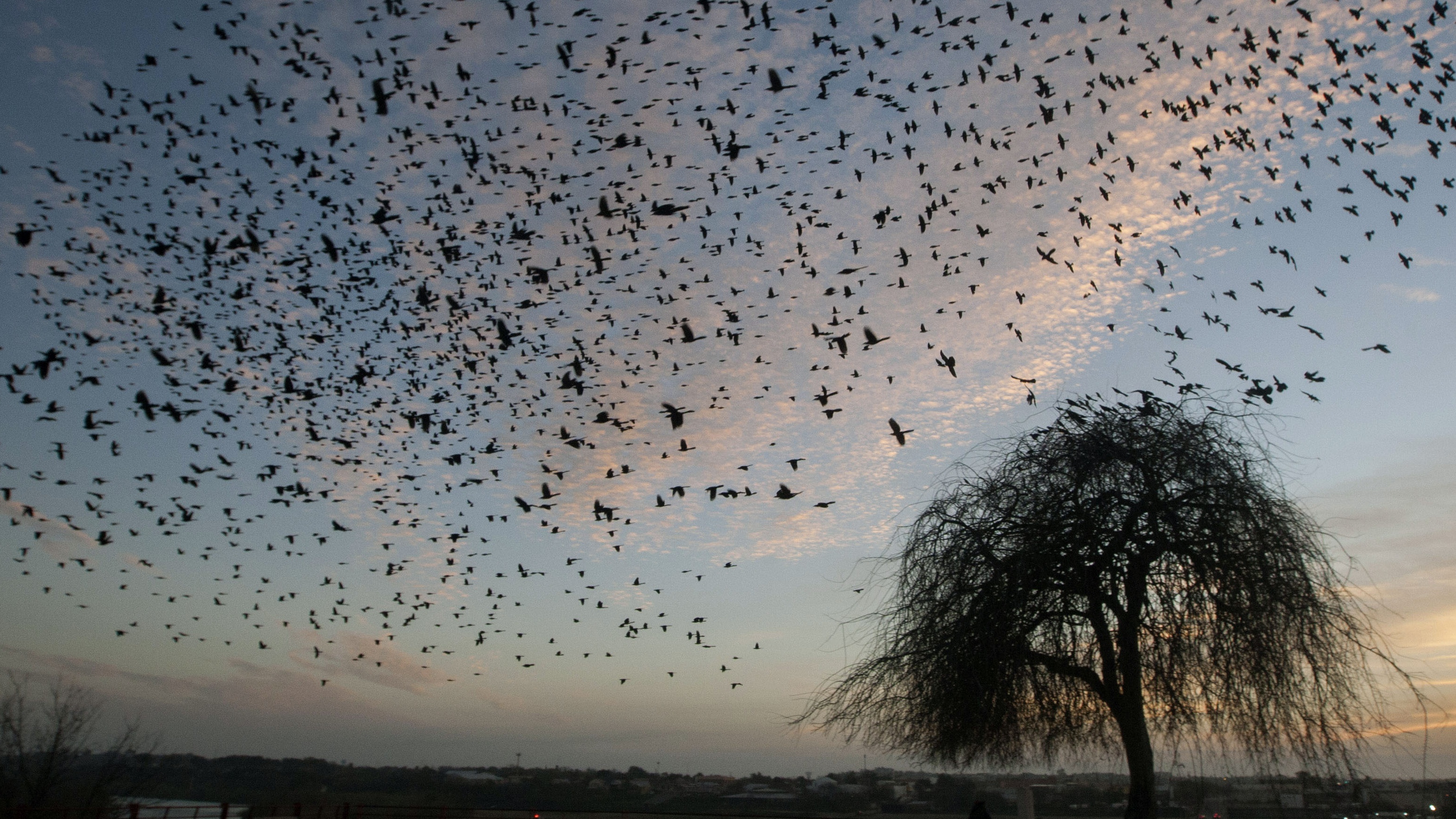 Mystery of millions of migrating birds dropping dead from US skies
Mystery of millions of migrating birds dropping dead from US skiesSpeed Read Some experts believe the West Coast wildfires may be to blame for ‘unprecedented’ mass bird deaths in New Mexico
-
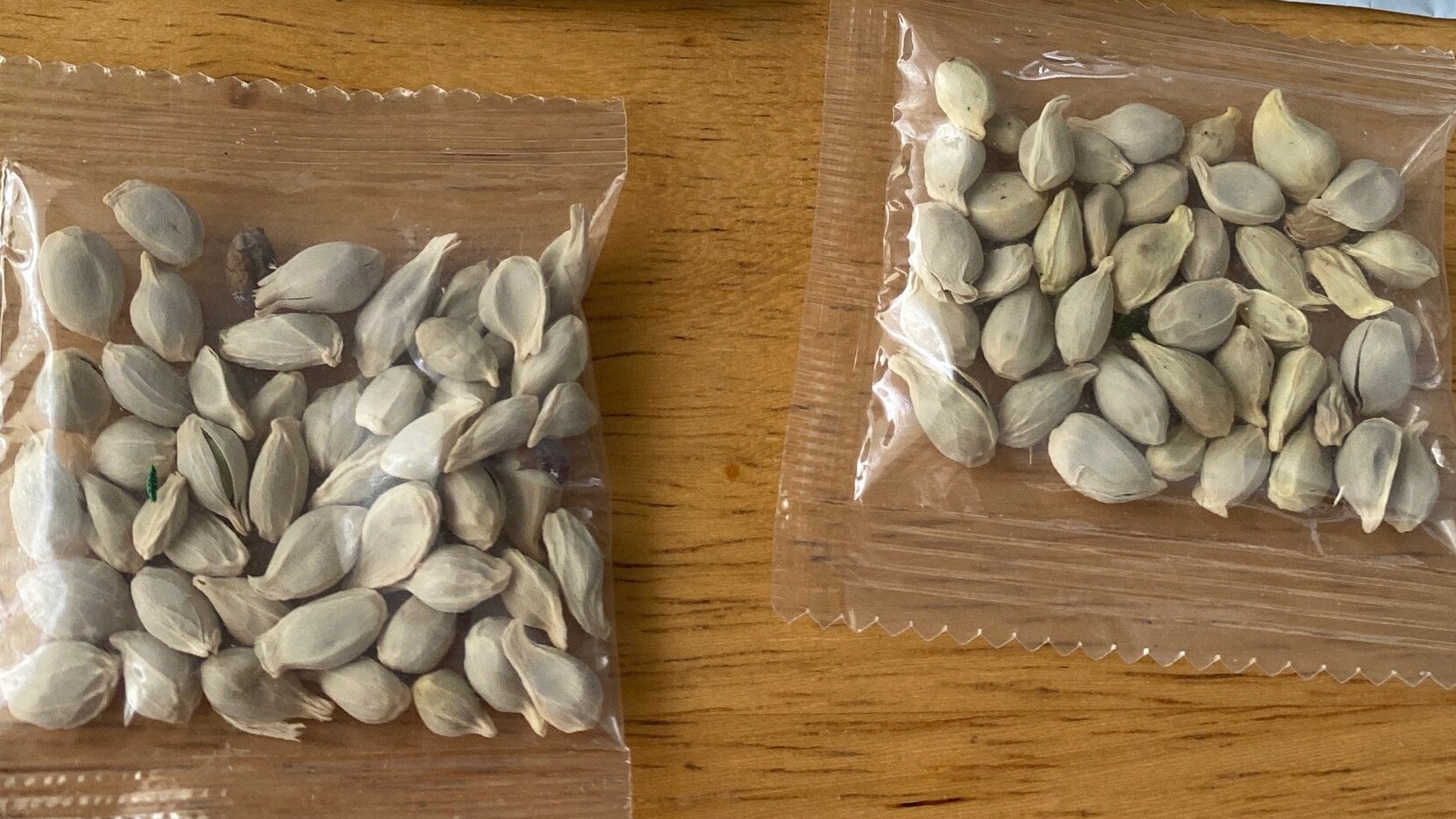 Americans warned not to plant mystery seeds being sent to homes nationwide from China
Americans warned not to plant mystery seeds being sent to homes nationwide from ChinaSpeed Read Officials say the unsolicited packages have been mailed to residents in at least 27 US states